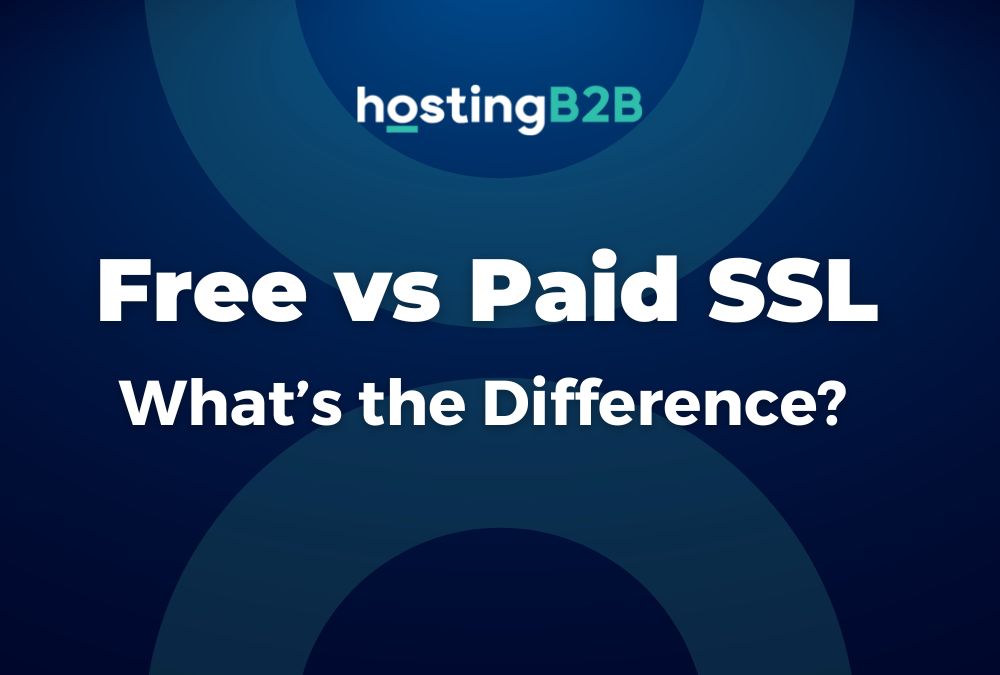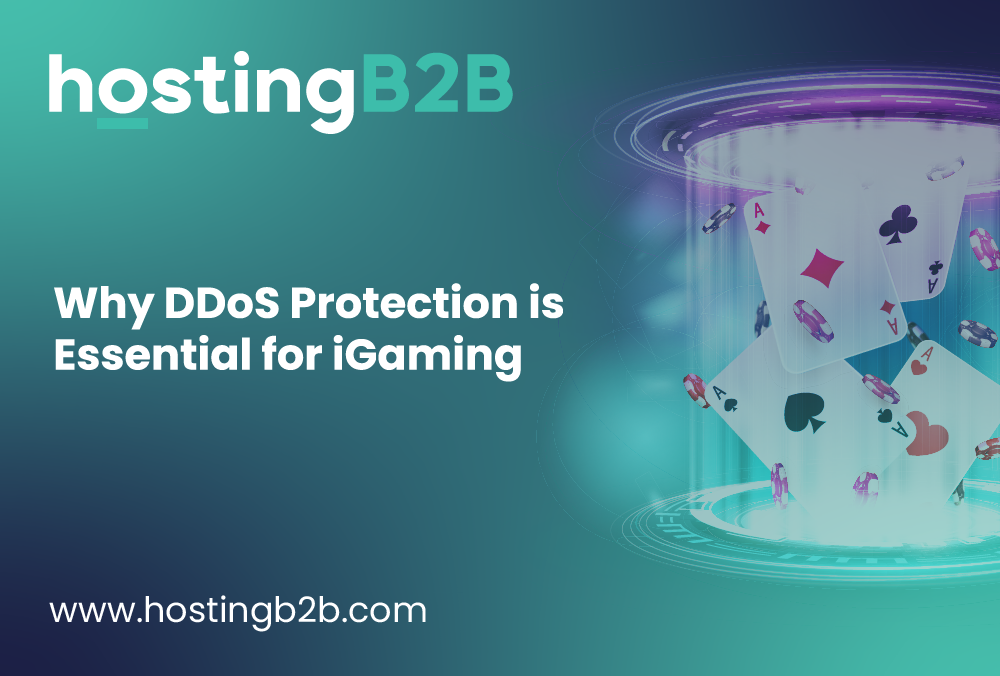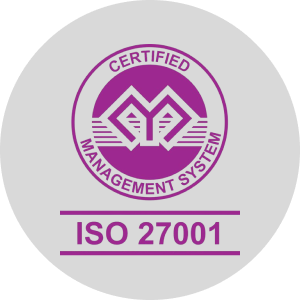Secure Sockets Layer (SSL) certificates are vital for website security, offering encryption for data transmitted between a web server and a browser. Understanding the differences between free and paid SSL certificates can help you make the best choice for your website’s security needs.
Free SSL Certificates
Cost-Efficient: The most significant advantage of free SSL certificates is that they are free. They are an excellent choice for individuals, bloggers, and small businesses looking to secure their websites without additional costs.
Basic Protection: Free SSLs typically offer Domain Validation (DV), which is the most basic level of SSL certification. This is sufficient for websites that do not handle sensitive transactions.
Ease of Acquisition: Free SSL certificates can be easily obtained and are often automated, making them a quick solution for website security.
Limited Warranty: Free SSLs usually come without any warranty. This means if something goes wrong due to a certificate failure, there’s no financial protection.
Security matters — but so does trust.
Compare free and premium SSL options and choose the right protection with HostingB2B.
Explore SSL SolutionsShorter Validity Period: These certificates often have shorter validity periods, usually around 90 days, requiring more frequent renewals.
No Direct Support: Free SSL certificates generally do not offer direct support. Users rely on community forums or self-help guides for troubleshooting.
Paid SSL Certificates
Enhanced Security Features: Paid SSL certificates, especially Organization Validated (OV) and Extended Validation (EV) SSLs, offer a higher level of security. They validate not just the domain, but also the organization’s identity, making them ideal for e-commerce sites and businesses.
Extended Validation: With an EV SSL, the browser displays the company’s name in the address bar, offering a higher level of user trust and confidence.
Longer Validity Periods: Paid SSLs have longer validity periods, reducing the hassle of frequent renewals.
Warranty Protection: Paid SSL certificates come with warranties. In case of a security breach attributed to certificate failure, the warranty offers financial protection.
Dedicated Customer Support: Providers of paid SSLs usually offer dedicated technical support, including live chat, email, and phone assistance, which is crucial for businesses relying heavily on their online presence.
Compatibility and Trust: Paid SSLs often have better browser and device compatibility. This minimizes the risk of users encountering security warnings when visiting your website.
Which One Should You Choose?
Free SSL: Ideal for personal blogs, small websites, and projects where budget is a constraint and the level of user trust and security required is minimal.
Paid SSL: Recommended for businesses, e-commerce sites, and any website handling sensitive user information where trust, reliability, and a high level of security are paramount.
Choosing the Right SSL Certificate for Your Website
When deciding between free and paid SSL certificates, it’s important to understand the key differences in terms of security, trust, and features. While free SSL certificates offer basic encryption, paid SSL certificates provide advanced protection, warranty, and customer support, which are crucial for businesses handling sensitive data. To dive deeper into the various types of SSL certificates and their specific benefits for your website security, read our blog on Different Types of SSL Certificates for Website Security.
Conclusion
The decision between free and paid SSL certificates hinges on your specific needs, the nature of your website, and your budget. While free SSLs provide basic protection, paid SSLs offer enhanced security features and greater trust, which are essential for serious business and e-commerce sites.
For more detailed information about SSL certificates and to find the best solution for your website, visit our website or get in touch with our team of experts.
GoGetSSL
These certificates offer a guarantee of up to $1,500,000 in compensation if a data leak occurs on your website. GoGetSSL is one of the largest SSL companies, with over 81,500 customers from 223+ countries worldwide.
GoGetSSL is one of the largest SSL companies, with over 81,500 customers from 223+ countries worldwide.
What is guaranteed:
– More than 30+ SSL’s (DV -EV – BV)
– FREE SSL Installation to any platform
– Issued instantly from within our portal
All existing customers will receive 50% for all GoGetSSL branded certificates (Use code *SSL50*)
Round-the-Clock Support
Our certified experts are always available to resolve issues, ensure compliance, and maintain performance. For more information, contact our experts!
Hostingb2b Solutions for Every Business
Here are just a few of the other popular services we provide here At HostingB2B:
Contact us TODAY to find out more!










